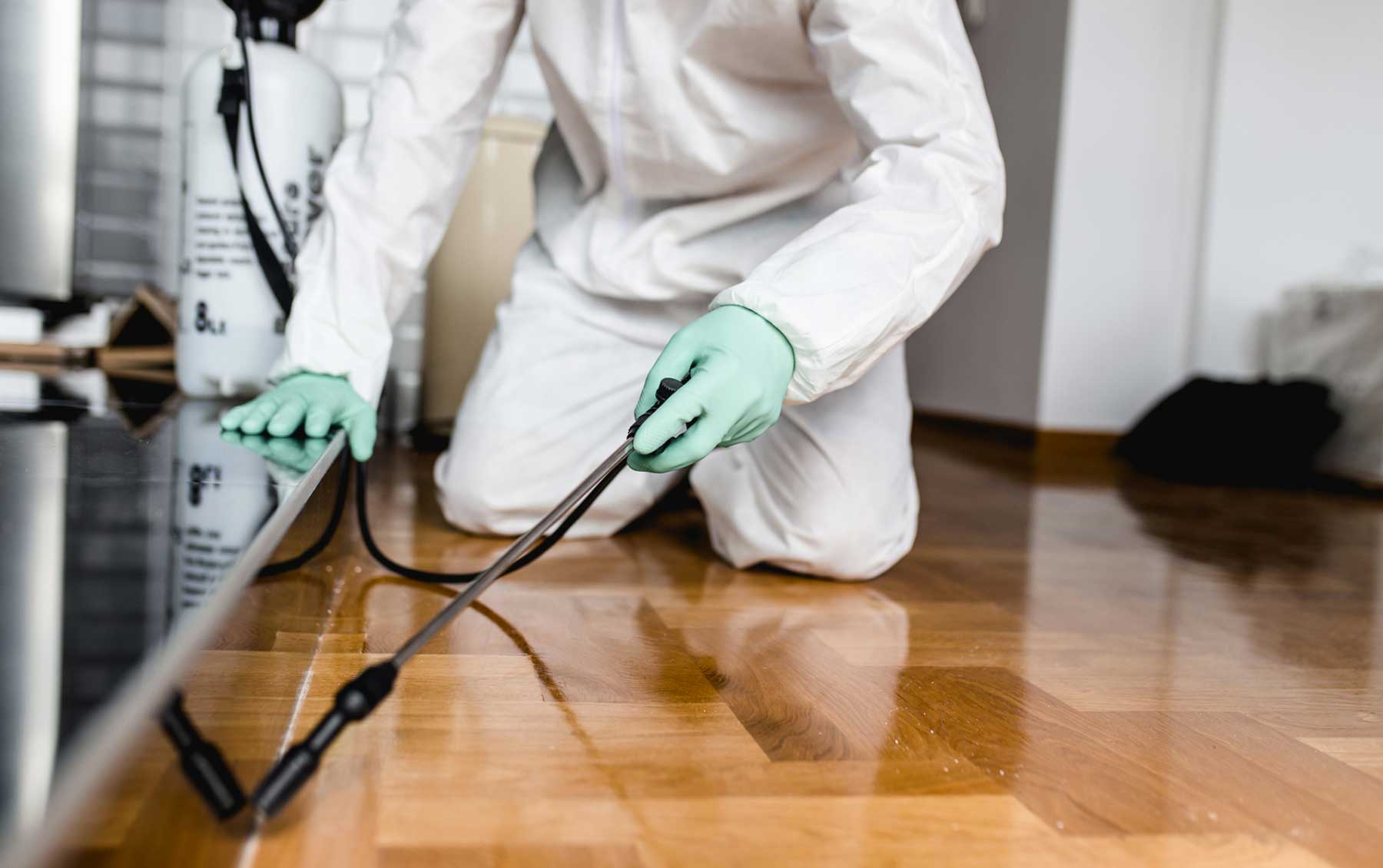Handling pests, vermin, and peripheral legal issues in rental units

If you've been following us for any length of time, we are probably preaching to the choir when we say that landlords should address problems early on and not allow them to fester. This is especially true when pests, vermin, and other uninvited house guests infiltrate a rental unit.
There are several things landlords should recognize off the bat. One, these unwelcome guests can procreate at an alarming rate. A mouse, for example, has a short gestation period of around three weeks and can give birth to 5-6 babies and can have 5-10 litters per year. After feasting on a human host, a female bed bug can produce 113 eggs in her lifetime and with a low mortality rate, approximately 97% of the eggs will hatch successfully. A population of bed bugs can quickly multiply.
Secondly, there is a threat to the health of occupants and serious damage to the property. A rat's teeth, for example, are constantly growing, and to get rid of the pain, they are prone to chewing on wires, which in turn can start a fire. Ants work day and night carving out tunnels in the wood of your property, causing an estimated $5 billion in damage a year.
We can go on, but you get the point that there is a reason pests are called pests.

Given the consequences, it is imperative that landlords and property managers remediate the problem swiftly, and this may require footing the bill. We want clients first and foremost to first remedy the issue and we can worry about who is responsible later.
There are many wonderful products on the market for tenants to rid themselves of critters but from our hard-won experience, better to hire a professional to eradicate pests and vermin, both from a practical standpoint to get the job done, and also to remove liability if the tenant claims that the landlord did nothing and allowed an infestation to develop.
Even if a tenant is living in filth and causes the infestation, they can allege that the landlord failed to provide a habitable living space, an obligation governed by CA Civ. Code § 1941.2. Inhabitability and not making repairs in a timely manner is a common defense in an eviction action, whether true or not.
Maintaining the unit in liveable condition is a dual responsibility
As we made clear in our in-depth piece on responding to hoarding conditions, the tenant has obligations of their own. When the tenant attracts unwelcome guests through improper food storage and the like, it is typically a violation of the lease and we can serve a 3-day notice to cure or quit. We caution San Francisco landlords, however, that barring an imminent threat to life or property, a 10-day warning period must be afforded to tenants who are engaging in nuisance behavior before we serve a 3-day notice to cure or quit. We are always happy to dialogue with clients on the severity of the underlying conduct that is objectionable.
Not uncommonly, the tenant's attorney will claim that the offender has a hoarding condition that rises to the level of a mental illness/disability,
This may trigger protections under fair housing laws. The question then becomes whether a "reasonable accommodation" can be made. Bornstein Law has handled many of these cases and is comfortable in this space.

Gaining access to the rental unit to remediate the problem
Some tenants do not want the landlord or contractors like a pest control professional to gain access to the unit because there is something to hide. It could be as minor as a broken window, just an embarrassment that there is clutter, or a child marking up the walls with crayons. Or it may be more troublesome like growing an abundance of pot plants or significant damage. Perhaps there is an unauthorized subtenant living on the premises whom the landlord doesn’t know about.
Whatever the reason, some tenants will go through elaborate means to conceal what they are hiding and prevent anyone from coming into the unit, even if they would benefit from a contractor's service.
For example, a tenant was besieged with a bed bug infestation. The emotionally traumatized tenant threw out the slept-on futon mattress and then laid their head at night on a hard floor. Still, the tenant wouldn't allow a pest control contractor into the rental unit to spray pesticides to secrete a makeshift meth lab in the kitchen.
In these types of obstructions, landlords should be aware that a tenant’s failure to provide access to the unit given a proper reason and with advanced notice is typically a just cause reason to evict.
Pesticide use in rental properties
There are a lot of notices required in landlord-tenant relationships, so much so that we quipped when a unit is vacant, the landlord or property manager should keep a bookshelf in the corner as a convenient place to place all the notices.
Whenever pesticides are used, there are a host of additional, complex notice requirements we won't expound on here. Suffice it to say that there must be absolute clarity whenever potentially toxic chemicals are applied and we have to ascertain several questions. Is the pesticide applied in an individual unit or a common area? Is the owner applying it themselves, or a pest control operator? What is the frequency of the application? Are there residents in adjacent units who need to be notified? Other questions abound.
Parting thoughts
All manner of pests and vermin can co-mingle with renters and once they are discovered, it needs to be proactively addressed regardless of the cause or if the tenant is to blame. Tiny creatures can create enormous problems and as you can see, there is a litany of legal issues and obligations that can arise in remediating the problem.
Don't be pestered. Contact the firm built for rental property owners.
